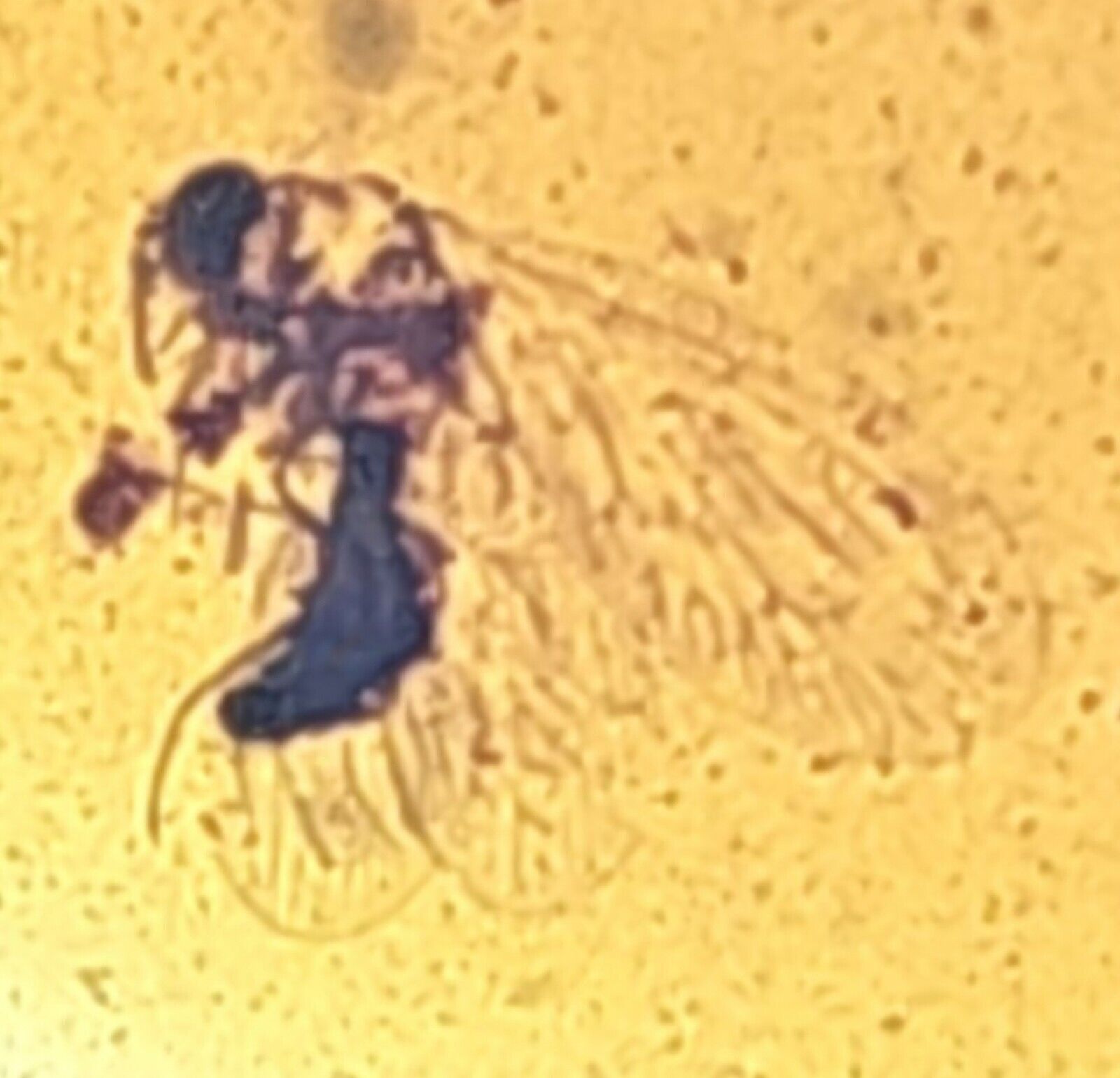-40%
Rare Moth Late Cretaceous Epoch Burmite Amber 99 MYA Fossil w/ 30x Loupe
$ 10.53
- Description
- Size Guide
Description
Description and Details of Specimen:This stunning piece of Burmese amber from Myanmar contains an incredibly preserved moth from the Cretaceous period. The moth is beautifully displayed and is a true testament to the incredible fossil record found in Burmite. This piece would make a fantastic addition to any collection of arthropods, fossils, or minerals.
Burmese amber, also known as Burmite, is one of the oldest types of amber, dating back to the Cretaceous period, around 99 million years ago, during the latest Abian to earliest Cenomanian ages of the mid-Cretaceous period. This amber is of significant paleontological interest due to the diversity of flora and fauna contained as inclusions, particularly arthropods including insects and arachnids but also birds, lizards, snakes, frogs and fragmentary dinosaurs remains and feathers, and provides a glimpse into a world far older than most other types of amber available.
Burmese amber is renowned for its deep, rich colors, which range from a golden yellow to a dark red or brown. Burmese amber, when exposed to ultraviolet (UV) light, exhibits a fascinating glow. Under long-wave UV light in a darkened room, authentic amber will fluoresce with a neon blue or greenish color. This phenomenon is caused by succinic acid found in ancient tree resin. So, if you see that captivating glow, you're likely looking at genuine amber. See: "How To Test Amber Using A UV Light" at https://www.youtube.com/watch/v=kRmtjXvz0L8.
Burmese amber is highly valued not only for its beauty and rarity but also for the scientific insights it offers, and I guarantee the authenticity of this specimen 100%.







